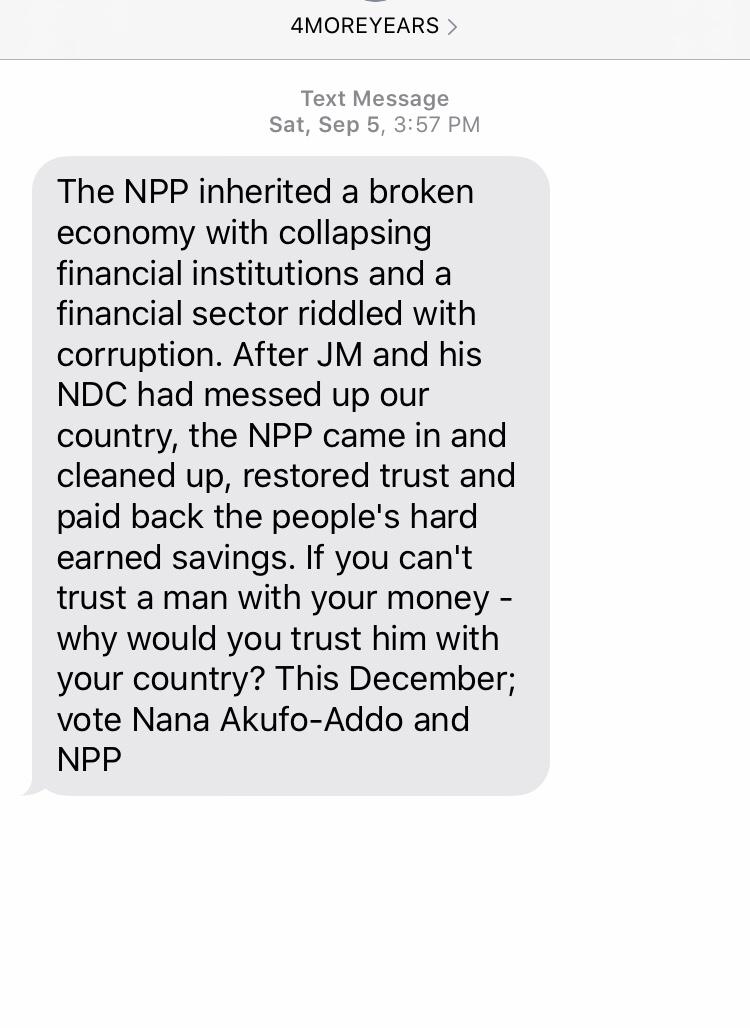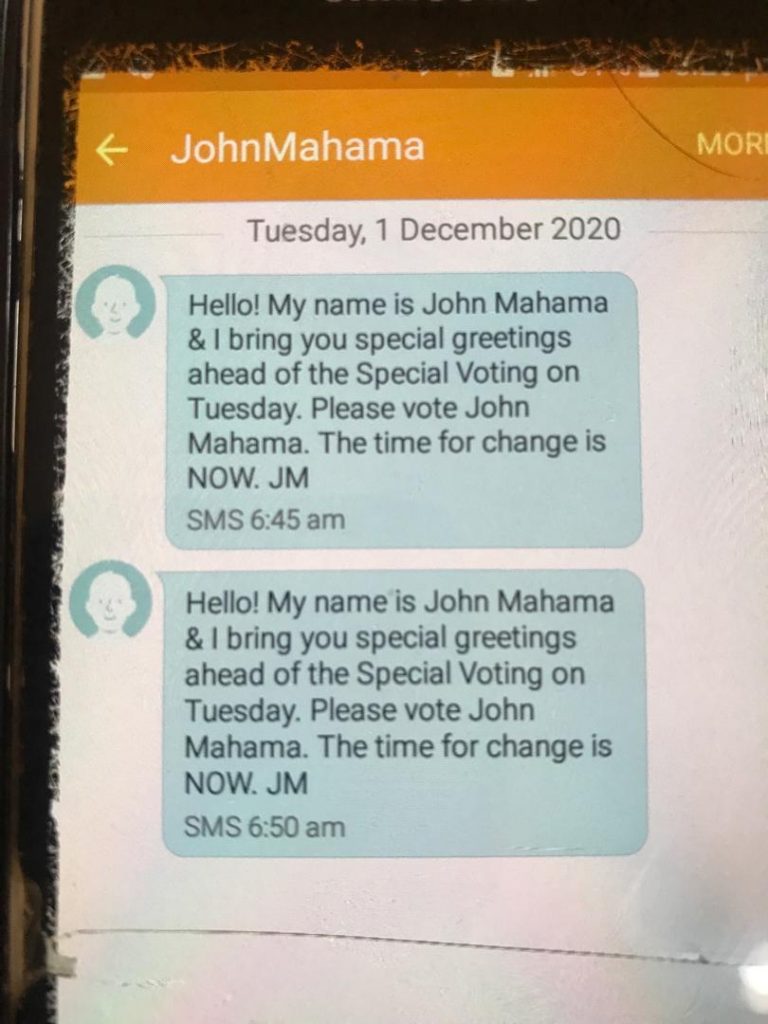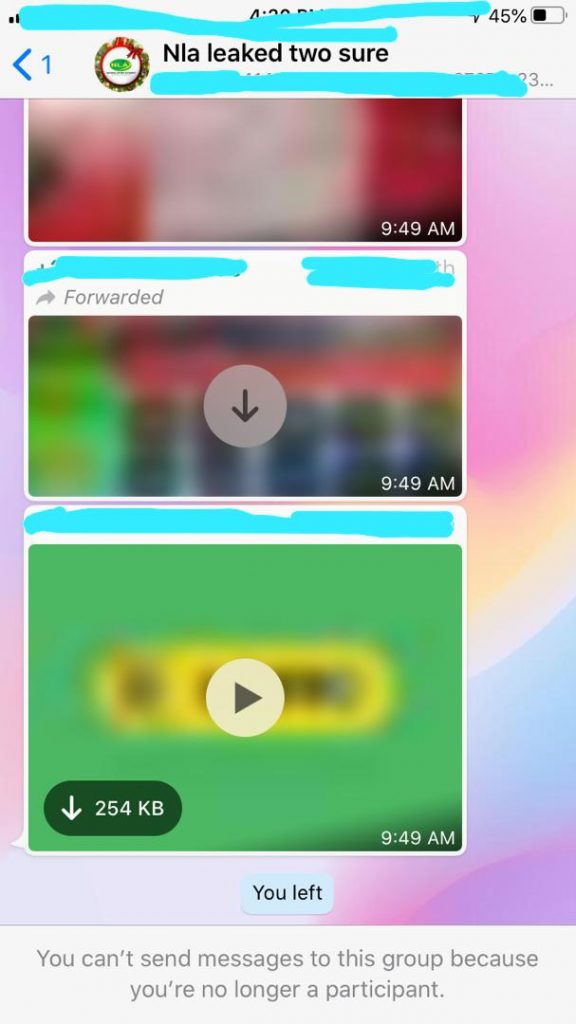Violation Of Data Privacy In Ghana
Data privacy, also known as information privacy, is the aspect of technology that ensures data shared by individuals or customers of telecommunication networks are only used for the intended purposes and not shared with third parties. In an era of fast-growing technology, data privacy is becoming an increasing topic of scrutiny.
In the United States of America for instance, laws are enacted to regulate data privacy, which means that each law or compliance regulation has been created in response to the needs of a particular industry or section of the population. Examples of such law include the Electronic Communications Privacy Act (ECPA) which extends government restrictions on wiretaps to include transmissions of electronic data. Children’s Online Privacy Protection Act (COPPA) – gives parents the opportunity to have control over what information websites can collect from their children. Health Insurance Portability and Accountability Act (HIPPA) – ensures patient confidentiality for all healthcare-related data and others.
In Ghana, the Data Protection Commission (DPC) which was established under the Data Protection Act, 2012 (Act 843), is to protect the privacy of the individual and personal data by regulating the processing of personal information. It is an independent statutory body that provides the process to obtain, hold, use or disclose personal information and for other related issues bordering on the protection of personal data. The National Communication Authority educates and protects consumers, establishes and monitors the quality of service indicators for service providers, ensure fair competition among licensees, grant licenses and authorizations for operation of communication systems and services and many more. But the question that keeps coming up is, are these institutions in Ghana working to protect data privacy or information privacy of individuals?
On September 5, 2020, I received an unsolicited message from a political party asking me to vote come December 7.
Below is the message;


A section of the public also took to social media to raise concerns over unsolicited messages they received from political parties. In response to the issue, Telecommunication companies in Ghana say they are not responsible for Unsolicited Electronic Communications (UEC) received by their clients in recent times. “Mobile Network Operators have not sent out UECs for and on behalf of any Political Party,” the Ghana Chamber of Telecommunications said in a statement. So the question again is, how did they get contacts to broadcast those bulk messages? And who should be held accountable? Mobile phone users are constantly being bombarded with bulk messages from one company or the other.
Just today, December 1, 2020, a day set aside for the commencement of the Special Voting, the bulk message making the rounds is one from a Tigo number with a voice note purported to be coming from the First Lady of Ghana, Mrs Rebecca Akufo-Addo asking people to vote for her husband come December 7. Another text message from JM reads: “Hello! My name is John Mahama & I bring you special greetings ahead of the Special Voting on Tuesday. Please vote John Mahama. The time for change is NOW. JM.” The list to these types of messages is unending and can be frustrating at times.
It is unethical and whoever is responsible for sharing private data should be penalized. Recently, the Electoral Commission (EC) also published the nation’s voter register of over 17 million names on Google Drive which was later disabled. The decision was reversed due to public outcry against the action, which was a breach of data privacy and a blatant disregard for people’s rights.
It doesn’t end there, few weeks ago I was added to a WhatsApp group called “NLA leaked two sure” without my permission. I quickly exited the group and blocked the page. National Lottery Authority (NLA ) is a statutory agency of Ghana. It was established as the Department of National Lotteries in 1958 with a Mandate to organize raffles for the public to have fun and win prizes.
Below is a screenshot of the group;

Data Privacy is very essential and should be taken seriously in Ghana. Violation of data privacy erodes consumer, stakeholder and investor trust in the organization, which can affect business and the economy.
BY: SELI BAISIE.
Comments
Post a Comment